The relationship between nutrition and physical performance is a complex and multifaceted one. Whether for competitive athletes, recreational sports enthusiasts, or yoga practitioners, understanding the synergy between nutrition and physical activity is essential for maximizing workouts and improving overall well-being.
The Interplay Between Nutrition and Physical Activity
Physical activity undoubtedly offers numerous health benefits. However, to truly optimize workouts or enhance athletic performance, nutrition and physical activity must go hand in hand.
Pre and Post-Exercise Nutrition
What is consumed before and after exercise can significantly impact how one feels and performs during physical activity. Achieving the right balance of macronutrients (carbohydrates, proteins, and fats) and micronutrients (vitamins and minerals) is vital for maintaining health and optimizing performance.
Individualized Nutritional Needs
Nutrition for physical activity is not a one-size-fits-all approach. It is highly individualized and varies depending on factors such as fitness level and the type of activity performed. Consulting with a sports dietitian can provide personalized recommendations tailored to specific body needs and activity levels.
Nutrients and Athletic Performance
Carbohydrates
Carbohydrates are the body’s preferred energy source, essential for fueling muscles during exercise and aiding in recovery afterward.
Protein
Protein plays a crucial role in building muscle and in the repair and recovery of bones, joints, and ligaments following a workout.
Fats
Fats are vital for sustained energy, cushioning bones and joints, and enhancing the absorption of fat-soluble vitamins like A, E, D, and K.
Vitamins and Minerals
Certain vitamins and minerals, such as iron, vitamin D, and zinc, are imperative for maximizing athletic performance. A deficiency in these can lead to feelings of sluggishness and fatigue.
The Importance of Hydration
Proper hydration is imperative to overall health and exercise performance. Dehydration can lead to cardiovascular strain, altered metabolic function, and increased body temperature. Athletes must be mindful of replacing water and electrolytes lost through exertion.
Superfoods for Optimal Performance
While the term “superfood” is often used for marketing, some nutrient-dense foods can positively impact health and athletic performance. These include:
- Dark Leafy Greens: These are packed with essential nutrients and have been shown to increase muscle function during physical activity.
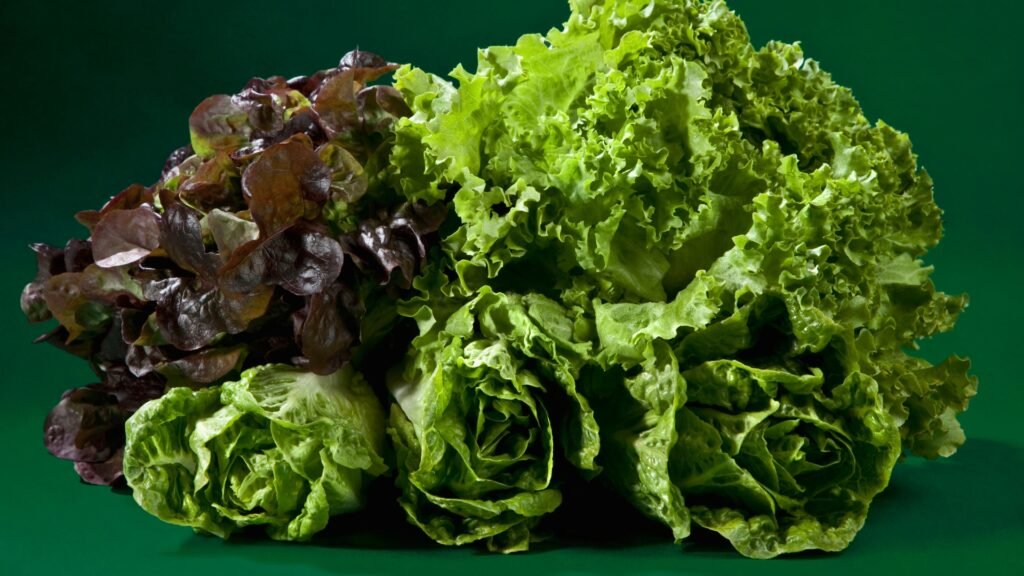
- Berries: Known for their antioxidant properties, berries can help reduce muscle damage and inflammation.
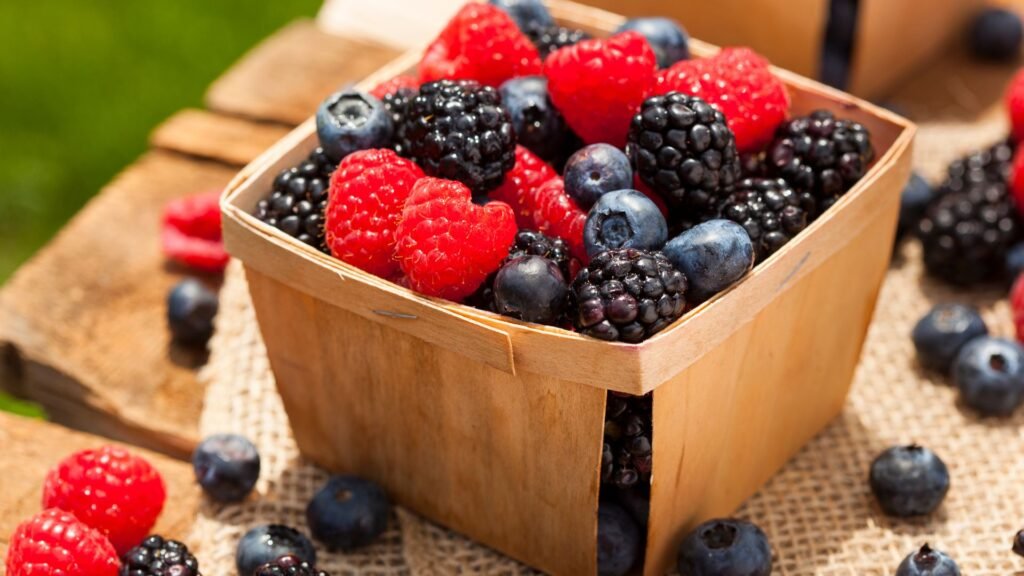
- Eggs: Rich in high-quality protein and other vital nutrients, eggs support muscle recovery and repair.
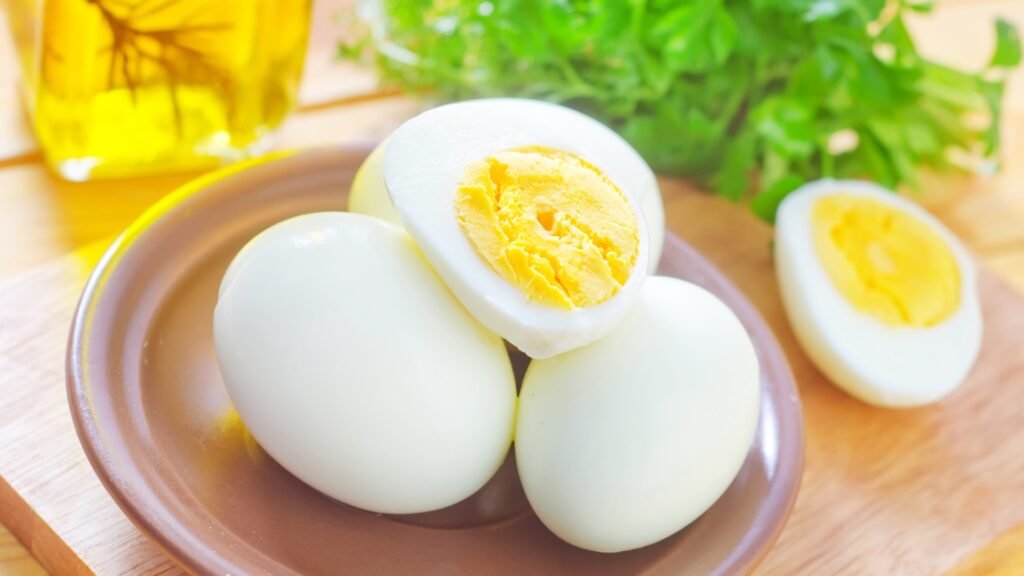
- Sweet Potato: An excellent source of complex carbohydrates and other essential nutrients, sweet potatoes provide sustained energy.

- Turmeric: This spice offers antioxidant and anti-inflammatory effects, aiding in post-exercise recovery.
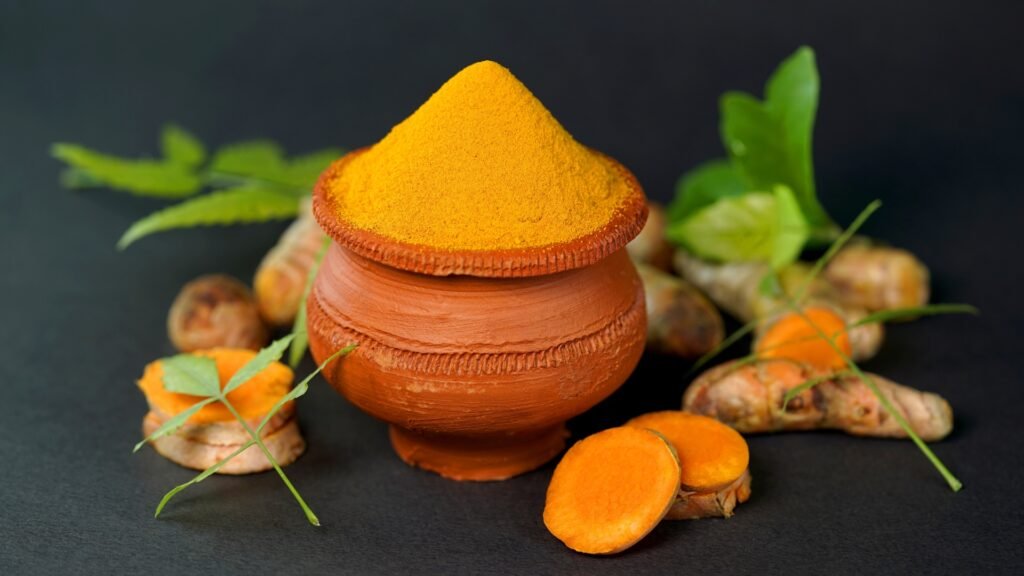
Sustainable Nutrition Habits
Building sustainable nutrition habits is key to long-term success. Starting with small, realistic goals can lead to more sustainable and beneficial long-term habits.
A Holistic Approach to Nutrition and Athletic Performance
The synergy between nutrition and physical activity is a complex and dynamic relationship that requires a holistic approach. Proper nutrition supports activity, enhances performance, aids in recovery, and informs healthier food choices. Understanding the role of nutrition in the fitness journey is paramount, regardless of whether one is training for a marathon or simply looking to enhance recreational sports experiences.



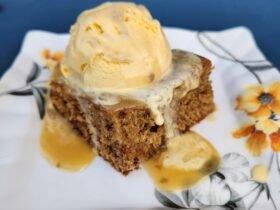


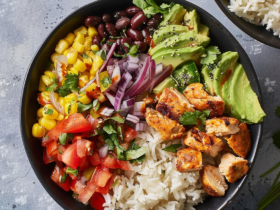





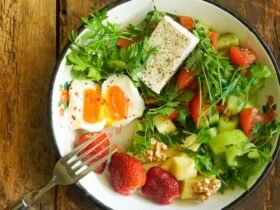


I really wanted to mention how much I value this article!
The insights you’ve shared are highly relevant for anyone interested in maintaining a healthy lifestyle,
and the way you’ve laid out the information is so easy to
understand. It’s exactly the kind of content people need in today’s world when staying healthy has become so essential.
I’ll definitely be sharing this article on my blog about nutrition – I know my readers will find
it just as helpful as I did. Thanks for sharing